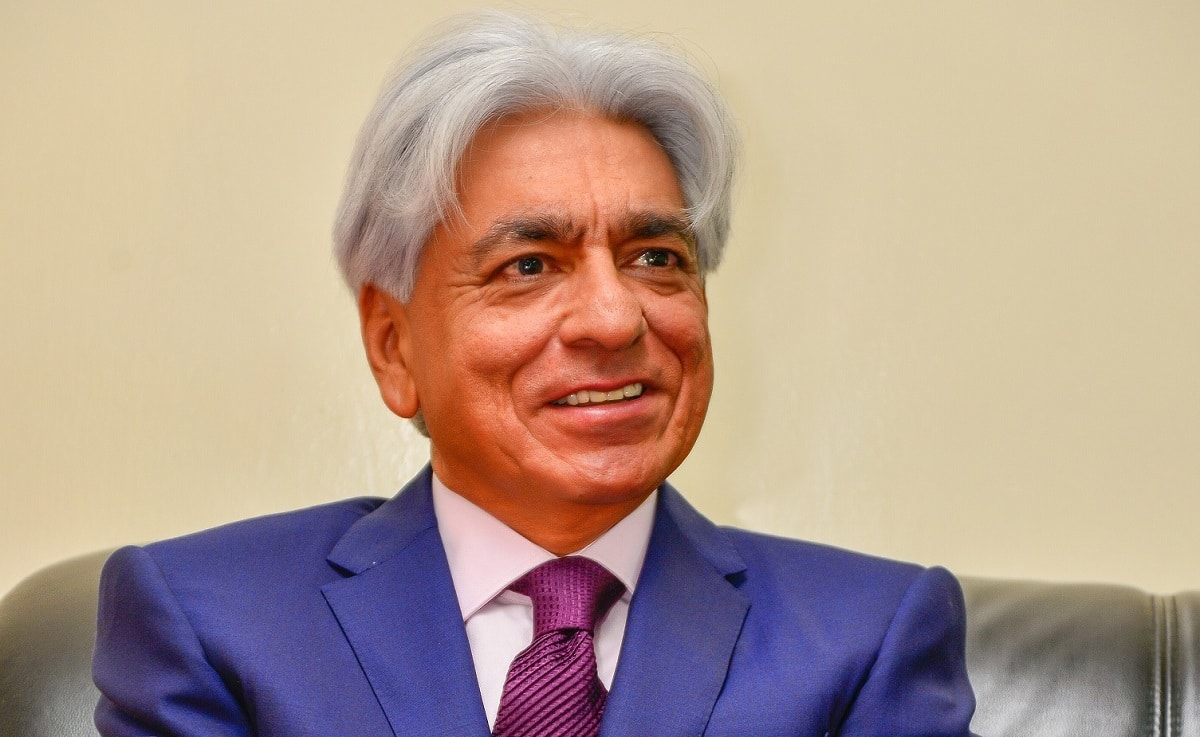Matatu operators in Nairobi on Monday, June 20th began hiking fares in response to record-high fuel prices.
Commuters were hit with fare increases of between Ksh10 and Ksh30 on various routes across Nairobi, a spot-check by Business Today confirmed. Among affected routes were the Waiyaki Way and Mombasa Road routes.
The Federation of Public Transport Sector lobby, whose members include the Matatu Owners Association (MOA), had advised its members across the country to pass on the increased cost of fuel to customers by increasing the fares.
“The federation hereby resolves that with effect from Monday, June 20, 2022 fares payable on public transport vehicles countrywide shall be adjusted upwards by 20 percent,” said lobby’s chairman Edwins Mukabanah.
In the most recent price review by the Energy and Petroleum Regulatory Authority (Epra), fuel prices rose to the highest ever levels in Kenya’s history. An across-the-board Ksh9 increase drove the cost of super and diesel to Ksh159.12 and Ksh140 respectively in Nairobi.
READ>>Record-High Fuel Prices Spell More Pain for Kenyans
The cost of Kerosene also rose by Ksh9 to hit Ksh127.
Epra cited rising global crude prices as well as a weakening shilling as contributors to the increase. And with the Treasury looking to scrap fuel subsidies entirely, the price of fuel is likely to rise even higher in coming months.
The Treasury argues that the subsidies are inneficient and unsustainable, and could drive public debt to worrying levels.
Matatus aren’t the only one passing on the cost to consumers. Cab-hailing services including Uber also announced that they would increase fares in response to the higher fuel prices.
“We are looking at the pricing, and there is more chance than not that we will be reviewing our rates upwards in order to factor that fuel price increase,” stated Uber Head of East Africa Imran Manji last week.
The price of fuel is expected to lead to an increase in the cost of basic goods and services even as inflation in May (7.1%) hit a 27-month high.
Manufacturers and farmers are among those passing on the increased operational costs to consumers.

![The Federation of Public Transport Sector lobby, whose members include the Matatu Owners Association (MOA), had advised its members to increase fares by 20%. [Photo/ Migrationology]](https://businesstoday.co.ke/wp-content/uploads/2022/06/images-2022-06-20T092245.325.jpeg)











Leave a comment